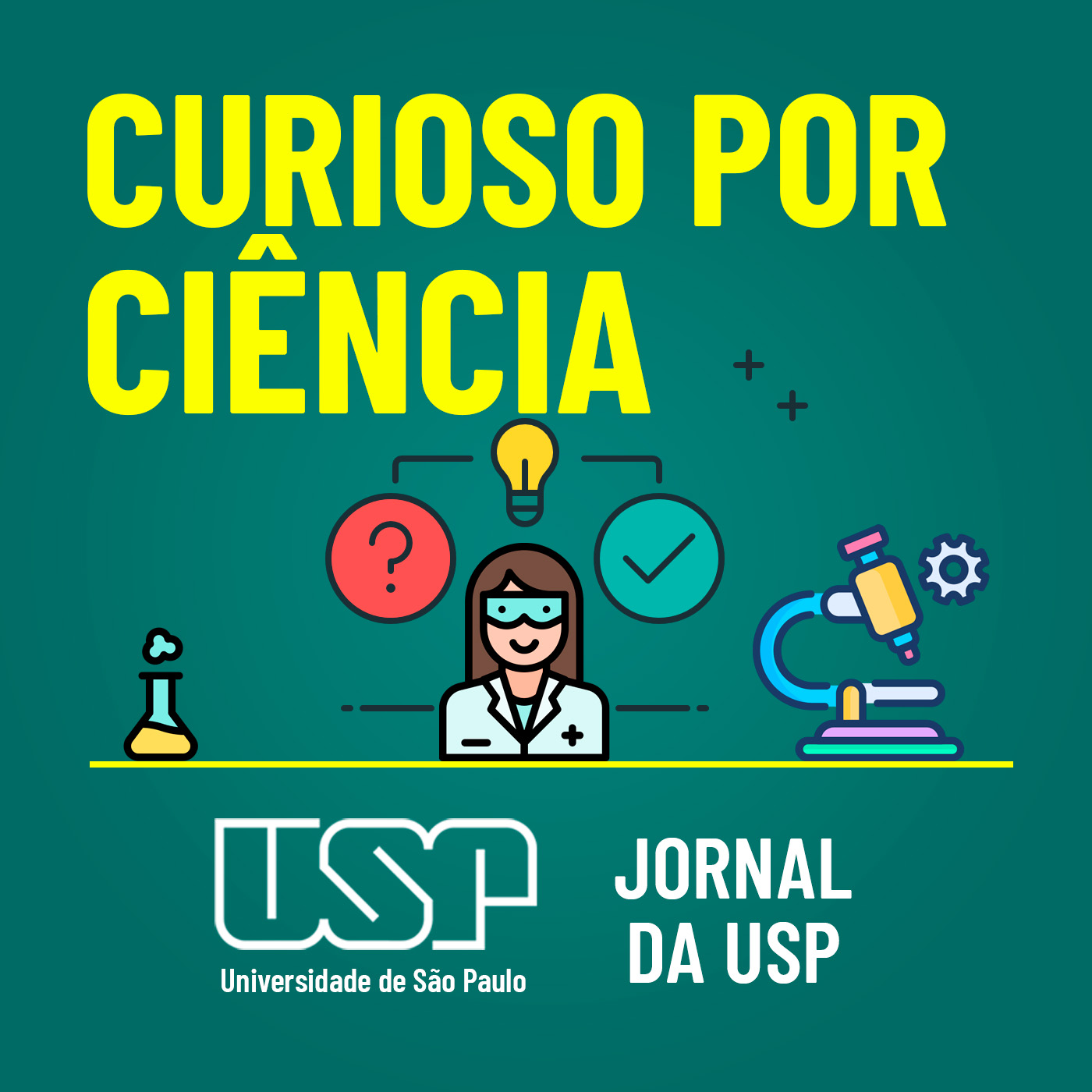Using mouse research models, the scientists found that when this receptor is less active, liver metabolism changes, especially when following a high-fat diet.

/
node Curious about science This week Isabel Rodriguez, from Physiology Doctor She talks about how diet and hormones affect metabolic health, especially when it comes to diseases like type 2 diabetes and heart disease. Isabel says that a high-fat diet and a sedentary lifestyle are two major factors in the development of metabolic diseases like obesity, type 2 diabetes and cardiovascular disease. Excess fat can accumulate in the liver, leading to non-alcoholic fatty liver disease, which impairs insulin function. Additionally, lower estradiol levels during menopause can lead to increased belly fat, which increases the risk of diabetes and heart disease in women.
To better understand this relationship, Isabelle presents the results of research that investigated how reducing the expression of a specific estradiol receptor in the liver, called estrogen receptor alpha, affects metabolism and insulin resistance. Using mouse models, the scientists found that when this receptor is less active, liver metabolism changes, especially when the mice eat a high-fat diet. “These findings show how important this receptor is in controlling metabolism and protecting against diseases such as type 2 diabetes. What does this mean for our daily lives?”
According to Isabel, what we eat, how much exercise we get, and our estradiol levels all have a huge impact on our metabolic health. And how these three factors interrelate could help develop better treatments and prevention strategies for metabolic diseases.
the study Effect of decreased expression of estrogen receptor alpha by adeno-associated virus on hepatic metabolism He obtained his Master's degree from the Felipe Sanchez Edaes, Postgraduate Program in Physiology of the Faculty of Medicine of Ribeirão Preto (FMRP) of the University of the South Pacific, under the supervision of Professor João Paulo Gabriel Campores, which was defended in 2023.
Curioso por Ciência is a co-production between the Faculty of Medicine of Ribeirão Preto (FMRP) at the University of the South Pacific, the startup Dr. Fisiologia and Radio USP Ribeirão Preto and São Paulo. It is broadcast every Monday, on the Jornal da USP no Ar on Rádio USP in São Paulo, 93.7 MHz, from 7:30 am, and on the Jornal da USP no Ar – Regional Edition on Rádio USP Ribeirão Preto, 107.9 MHz, from 12 noon. It will be available on the Ribeirão Preto homepage in the Jornal da USP, just browse the Ribeirao.usp.br website.

“Wannabe internet buff. Future teen idol. Hardcore zombie guru. Gamer. Avid creator. Entrepreneur. Bacon ninja.”

